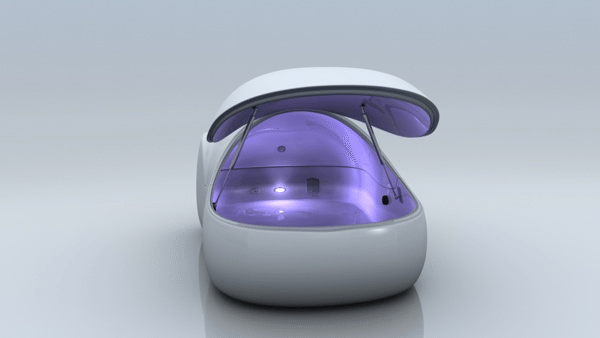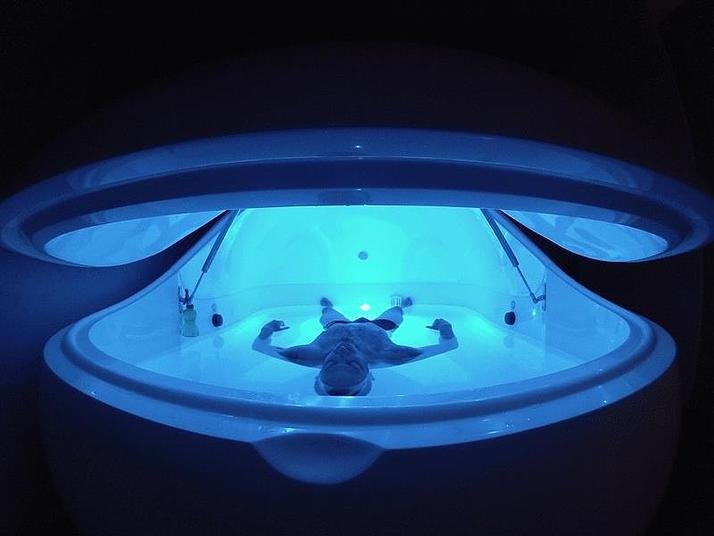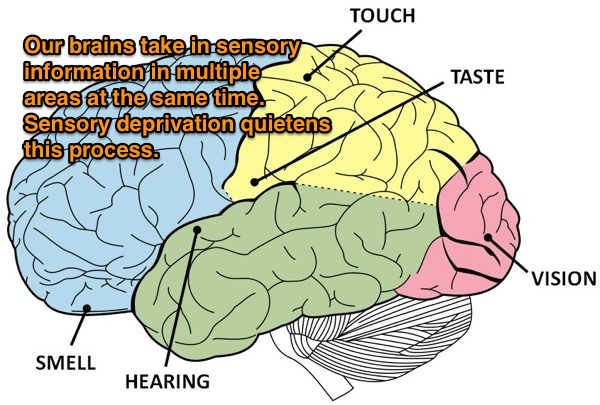
Creativity and Honing Your Senses

Photo Courtesy of Kaique Rocha
As humans we have amazing abilities with our senses. We can focus our vision on fine point text or open our eyes to an IMAX movie screen. We can be in the midst of construction noises, people shouting, airplanes flying overhead, cars honking, and yet fall asleep. We can cover our noses when something smells or if we taste something too strongly. How can we take the senses we have and hone them to benefit our creative workflow?
Anxiety
Sometimes monitoring our senses can be overwhelming. You can think about if you have itches on your skin or ants crawling. You can think about what you smell around you or taste in your mouth. How about the sounds happening around you, like that humming from the lights or the fridge, or the ambience outside? Is it distracting having people walk by you all day long? Is your heart racing? How often are you blinking? How about breathing?
There is more that can be done to use your senses in your favor. Humans have an incredible ability to dampen the impact of certain senses in order to heighten their focus on tasks.
Distraction

Let's face it: it is easier to get distracted than it is to just stay focused. Many find meditation to be a good method to calm the mind or yoga to calm the body. Surely there must be a good method to soothe the senses.

Sensory Deprivation
Sensory deprivation is a method used to give your senses the least amount of information possible. This means no sound, sight, or feeling on skin.
Modern sensory deprivation flotation experiences generally go as follows: Remove clothes, take a shower, step into a bath with 700-1000 lbs. of Epsom Salt. It is relatively silent because you are wearing earplugs and so dark that even with your eyes open or closed it still looks dark. The Epsom Salts in that quantity make it so buoyant that you feel weightless. This lasts for 60 minutes or more (though it is unlocked and you can get out at any time).
So what actually happens?

The stress-centers of our brain start to relax and release cortisol (primary brain chemical related to stress). Your brain's highly active alpha waves move into beta then to solid theta waves. Theta is just before sleep or just after waking up. Some of the most highly trained meditators can reach theta waves. Theta can give us vivid mental images, and extended periods of theta can help us visualize better.
Without the constant pressure of analyzing the world around you, your body lowers its levels of cortisol, the main chemical component of stress. “Your brain also releases elevated levels of dopamine and endorphins, the neurotransmitters of happiness,” Graham continues. “Not having to fight gravity lets your muscles, joints, and bones take a well-deserved break. Without the gravity pushing you down, your spine lengthens an inch, chronic pain is relieved, and your muscles get to fully rest." - Graham Talley, owner of self-deprivation tank in Portland, OR.
Floatation can improve anxiety, stress, chronic pain, and essential problem-solving thought.
Floatation and Music

Several music students were studied using the floatation method to see how their skill might alter after using it. Their technical ability was increased significantly. The enhanced technical ability also lead to higher levels of jazz improvisation and mental innovation.
Creativity
A significance in creativity and technicality were noted in a study of creatives using floatation. The effects diminished noticeably over time after the subjects got out of the tank. People noted that colors were more vibrant, smells were more aromatic, and food tasted better.

Steemians, maybe we should organize a Steem-powered floating event. Let me know your thoughts and please feel free to comment, upvote, and repost!

